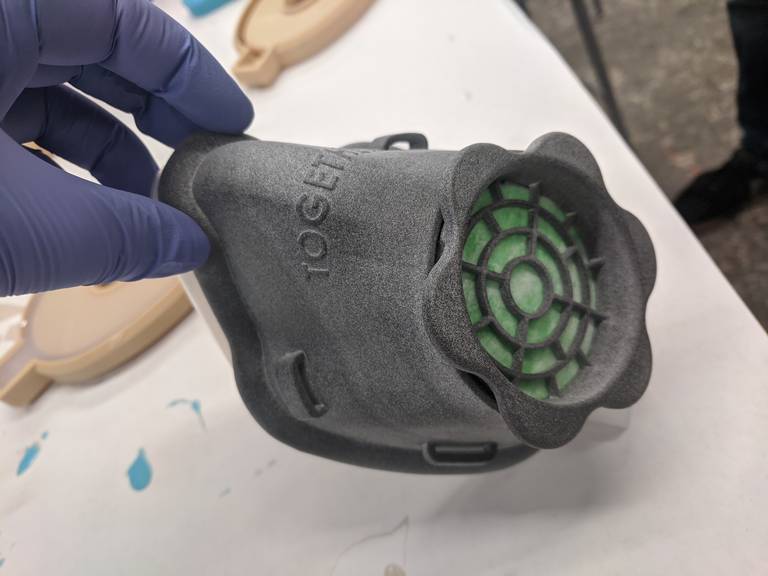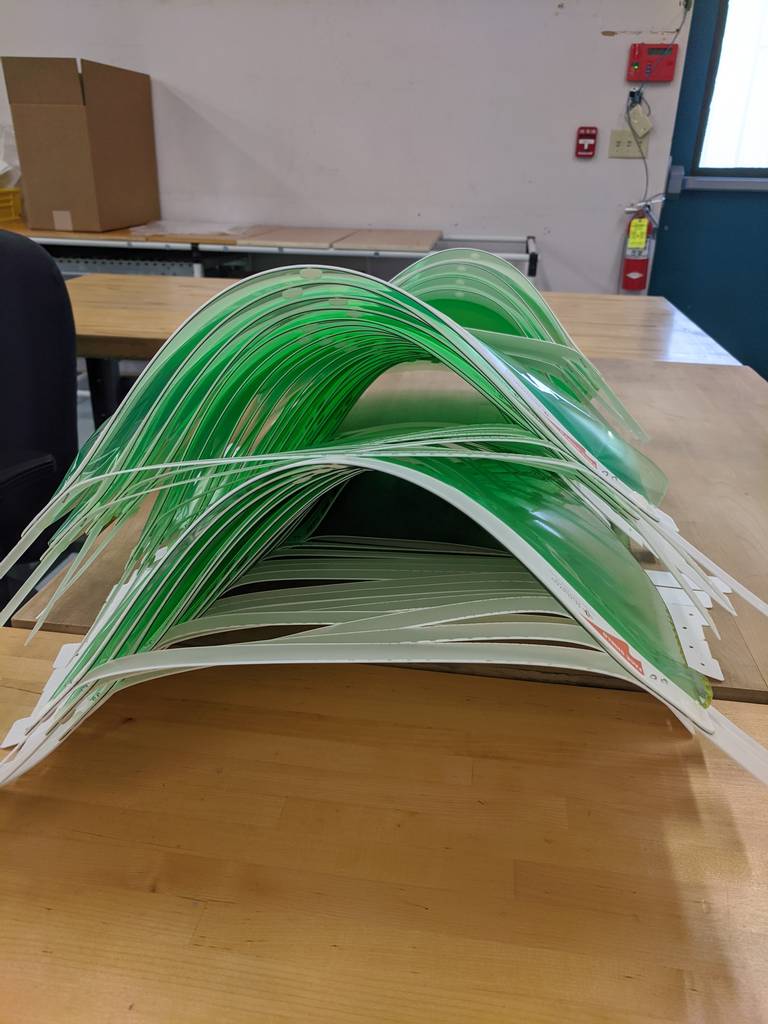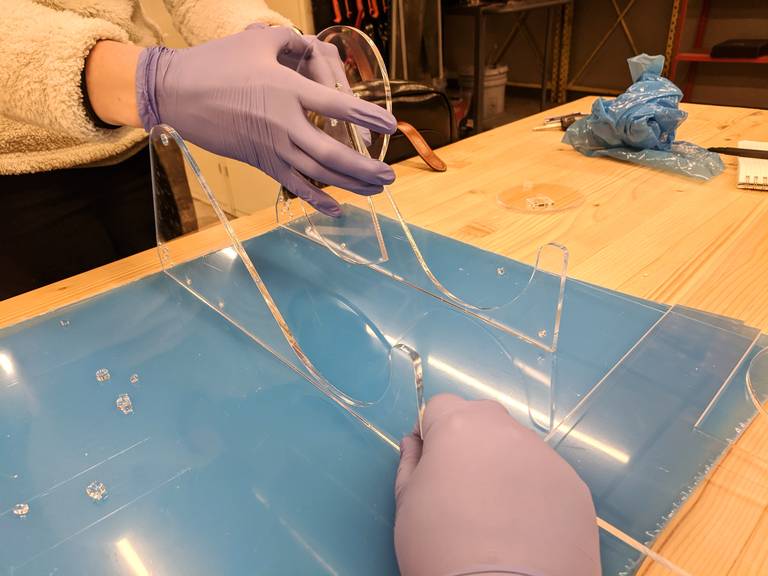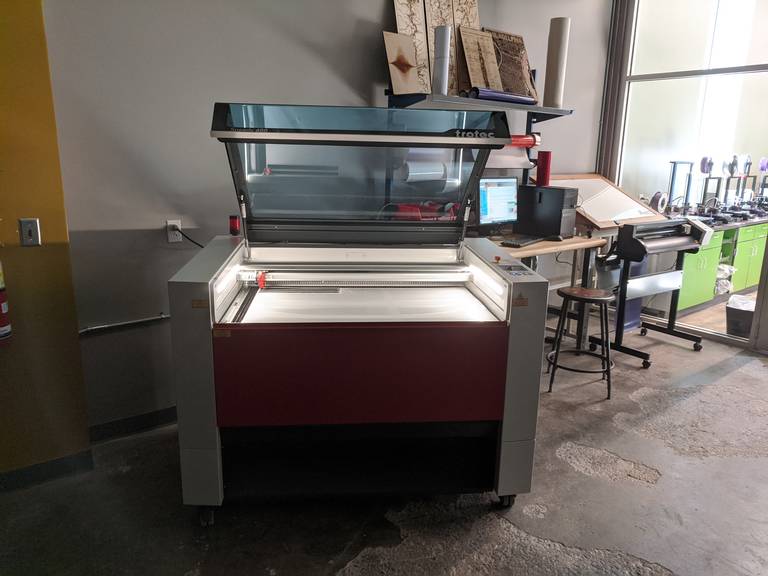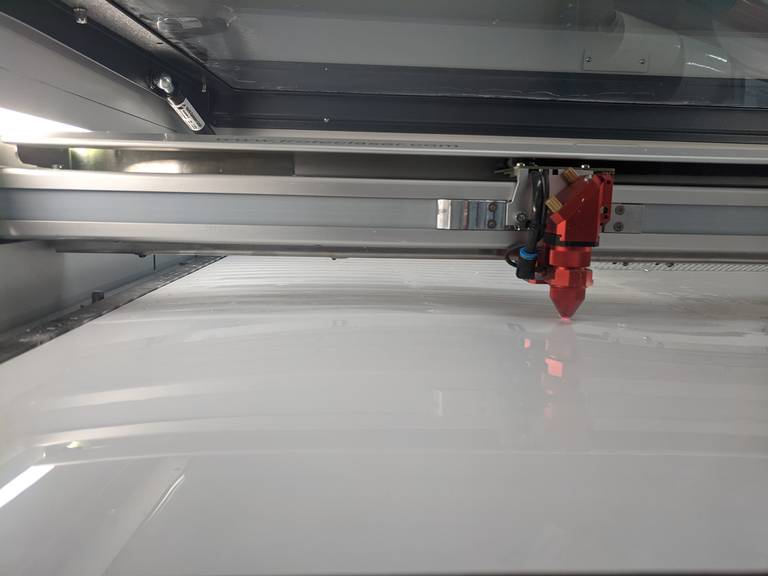This article was originally published in the Centre Daily Times on April 6, 2020. You can read the original at the following link: https://www.centredaily.com/news/local/education/penn-state/article241747031.html
As Tim Simpson watched the coronavirus pandemic spread across Pennsylvania, he couldn’t sit idly by — instead, he chose to have his Penn State undergraduate 3D-printing class design prototypes of tools to minimize contact with surfaces, including hands-free door openers, phone booth-like plastic shields and face masks.
But over the past three weeks, the project has grown into a statewide initiative to design, 3D-print, test and mass produce personal protective equipment and medical devices for emergency and health care services across the state.
The Manufacturing and Sterilization for COVID-19, or MASC, initiative has students, engineers, researchers and developers working to create ventilator parts, face shields and other products to be distributed to as many businesses and hospitals in need as possible. Those involved include the Penn State Applied Research Lab, the Smeal College of Business and various manufacturing companies that have agreed to produce products or provide vital materials.
While certain faculty members and engineers have had to go into labs to organize operations, most of the work has been done remotely due to stay-at-home orders from Gov. Tom Wolf. Students can design from home, and the initiative has been in contact with community members who already have 3D printers in order to utilize as many as possible.
Simpson, the Paul Morrow Professor of Engineering Design and Manufacturing in the College of Engineering and the leader of the initiative, said they have created a sort of localized supply chain, making as many calls and connections as possible to provide for the highest number of people. Designs are tested by hospitals, improved upon, produced at a larger scale, and then manufacturing companies are put into contact with a local municipality in need of supplies — all at no cost to the organizations.
Several face-shield designs are being tested at Penn State Health Milton S. Hershey Medical Center, and others are already being produced at Actuated Medical Inc., a research and product development company based in Bellefonte. Simpson said there’s an “innovation hub” set up at 21 of the 24 Penn State commonwealth campuses that can 3D-print the face shields locally to be distributed where needed in those communities.
“These small nursing homes and municipalities are not high on the prioritization list like a giant hospital,” Simpson said. “But these people need the equipment just as bad.”
But those working on designs have had to get creative because of a lack of raw materials. On Thursday, President Donald Trump invoked the Defense Production Act to help local manufacturers build important equipment for ventilators. But this has led to shortage in vital materials as large companies like Ford and General Motors buy out the supply. Simpson said he and his team were lucky to start productions as early as they did.
“I’m somewhat optimistic that because we started early, we’ve been able to get some good leads and make some connections with companies,” he said. “Our immediate short-term needs are met, but now we’re focused on helping other hospitals meet their needs.”
While the past three weeks have been primarily focused on designing the most cost-efficient and effective products, Simpson said Friday he hopes to move into the production phase this week, and that one of the main goals of the initiative is to help Pennsylvania prepare for a surge in cases and hospitalizations expected in late April or early May. However, they will continue working as long as the products are needed.
One of the local producers is The Rivet in State College, which opened in February and operates as a community makerspace and the adult programming arm of Discovery Space. Michele Crowl, the executive director of Discovery Space, said The Rivet has been working with Actuated Medical to produce more than 300 face shields with its inventory of 3D printers.
“We are used to partnering with local businesses and nonprofits on science and engineering topics, but none have been this important,” Crowl said.
The Rivet has also started to collect community-made PPE, which will be quarantined before distributing to provide lifesaving equipment to hospitals faster.
Justin Schwartz, the Harold and Inge Marcus Dean of Engineering at Penn State, helps oversee collaboration on the initiative between the different departments and groups. He said it’s challenging to encourage people to help fight the virus while protecting those who need it.
“Students, faculty, staff, the community, have to make sure that we’re not, in the name of doing good, helping propagate the virus,” Schwartz said. “The number one mission here is to help the well-being of our own people.”

